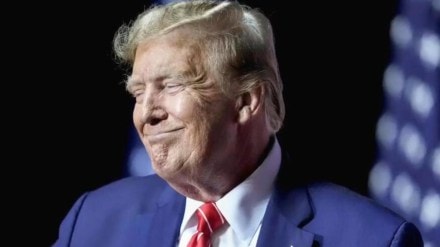US President Donald Trump is currently debating yet another set of tariffs — despite the lingering threat of a global trade war. His administration plans to conduct a “major” tariff investigation on furniture entering the United States with the intention of imposing higher duties. The probe is expected to conclude within 50 days and consequently trigger an yet-to-be-determined tariff rate.
“I am pleased to announce that we are doing a major Tariff investigation on furniture coming into the United States. Within the next 50 days, that investigation will be completed, and furniture coming from other Countries into the United States will be tariffed at a rate yet to be determined,” Trump wrote on Truth Social.
He also claimed that the move would help “bring the furniture business back to North Carolina, South Carolina, Michigan, and States all across the Union.”
How does a furniture tariff work?
The US government has initiated an elaborate investigation into the ways in which imported furniture on the domestic industry. Furniture and wood products manufacturing — which employed 1.2 million people in 1979 — has fallen from 681,000 in 2000 to 340,000 today, according to government statistics.
The United States imported about $25.5 billion in furniture in 2024, up 7% over 2023, with about 60% of those imports coming from Vietnam and China, according to Furniture Today, a trade publication.
New tariffs on imports from furniture-producing countries helped push up consumer prices for home furnishings by a steep 0.7% in July, according to Commerce Department data, though overall consumer price inflation was restrained by lower gasoline prices.
Legal basis for ‘reciprocal’ tariffs?
The Section 232 probe could also serve as the legal basis for tariffs if a federal appeals court strikes down the “reciprocal” tariffs introduced earlier this year.
Trump had announced sweeping reciprocal tariffs against nearly all imports from more than 180 countries in April — announcing a partial implementation in August. Separate tariffs have also been imposed against neighbouring Canada and Mexico as well as China.
(With inputs from agencies)
